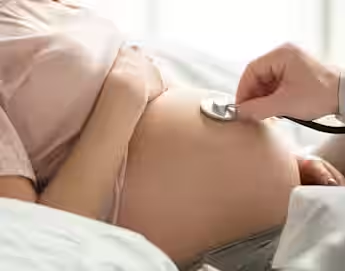Mr Behrens' conclusion, based on complaints and compensation payments made to women for poor care, that hospitals are making the "same mistakes over and over" in maternity care is both terrifying but also too familiar.
Most of the clients I assist are families who have lost a child in avoidable circumstances, whose child has suffered severe brain damage as a result of negligent care, and women who have sustained substantial and avoidable injuries. And these tend to be the same errors again and again, particularly a failure to properly read or react to suspicious CTG traces, a delay in commencing a c-section, a delay in escalating a problem to a senior consultant.
In November 2022, nearly two years after their daughter's death, my clients Elena and David finally received confirmation that if their daughter Rosanna had been born earlier, she would have had a better chance at survival. Coroner concludes death of baby Rosanna Matthews was avoidable with better care
I also represented baby Walter's parents following his tragic death at the Royal Sussex County Hospital in Brighton at an inquest in May 2022. The Care Quality Commission had previously issued a warning to the Trust to make significant improvements after an unannounced inspection. The report identified a bullying culture in which staff said they were told to stop reporting unsafe staffing levels. Parents devastated by damning report of Brighton hospitals after losing baby
And Mr Behrens report comes hot on the heels of the recent major investigations into maternity services and promises from the Government of increased funding:
In 2015, the Morecambe Bay investigation found that serious failings led to the deaths of a mother and 11 babies.
Last year, Donna Ockenden's report into the Shrewsbury and Telford Hospital NHS Trust found that systemic problems lead to the deaths of about 200 babies and nine mothers.
In October, a review at East Kent Hospitals University NHS Trust found up to 45 babies could have been saved after women were treated with "callousness" and "cruelty" by staff. A further inquiry into maternity care at Nottingham University Hospitals NHS Trust is currently being carried out by Ms Ockenden.
Mr Behrens issues a chilling warning that will reverberate across the country for pregnant women and their partners: "If we do not start tackling these issues differently, there will be more tragedies".
Like all other mothers to be, I am fully embracing the 'unknown' but, for obvious reasons, there is anxiety about labour that I'm sure is shared by many.

